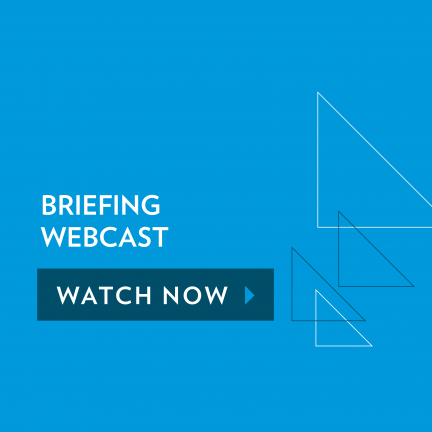slice of pie
Shilpa Bhandarkar returns to Linklaters as the firm’s first head of innovation. She gives us an early break down of the role and her big lessons from work in the outside world.
Leading the central team responsible for catalysing innovation across all Linklaters offices and practices, Shilpa Bhandarkar says there are three key responsibilities within her role.
“The first is around creating the right culture. How do we foster a culture of innovation and entrepreneurship in the firm? This includes making sure we have the right organisational structure to allow ideas from everyone to come through, as well as designing a process to manage these ideas. We need an effective way of collecting, prioritising and executing ideas so that people can see the best ideas come to fruition. Most importantly, we want to ensure we are executing those ideas that add the greatest value to the practices and the firm.” For example, she explains, in every practice there’s a core group of lawyers and business team members in a practice innovation and efficiency (PIE) team. “They’re best placed to identify the greatest opportunities to do things differently. Our role is to facilitate conversations and initiatives within the teams and pass learning from one PIE team to the others.”
The second area is to lead and coordinate the firm’s strategy on emerging market trends. “We’ve identified three particular areas that we’re focused on: artificial intelligence, use of data, and blockchain and smart
contracts. We want to understand how these technologies are impacting our clients and how we can helpfully
respond, as well as how they impact the way we run our own business.”
“Thirdly, there is how we engage with legal startups and academia to stay at the forefront of legal sector
developments and thought leadership.”
But Bhandarkar says leaders of innovation must recognise how the changing landscape impacts on their
role. “There’s no typical day in innovation and I don’t think there ever will be,” she says.
If there’s energy and enthusiasm in a particular part of the firm, you don’t want to stifle that because it doesn’t fit ‘the plan’
“We have a long-term business plan and a six-month rolling shorter-term plan that individual initiatives flow from. However, if there’s energy and enthusiasm in a particular part of the firm, you don’t want to stifle that because it doesn’t fit ‘the plan’. You need a structured business plan, but with enough flexibility built in to take advantage of ideas and opportunities that come your way.”
The use of flexibility isn’t something Bhandarkar learned solely in the legal sector. After three years in the startup space, she sees aspects of managing a startup business as relevant to her current role as well.
“Startups are very data-driven in a way larger organisations often aren’t. When startups invest in growth plans or pivot, it’s based on hard data. Nobody cares what your business plan said, what you predicted, or thought would work. If the numbers tell you it’s working, it is; if the numbers tell you it’s not working, it’s not. You learn to measure everything.
“I’m always amazed at how much startups achieve with scarce resources. It ultimately comes back to the team. As a leader, it’s your job to set the vision, communicate the goalposts so people know how to channel their energies, and then empower them to achieve that.”
And how she works personally? “I work between two very different offices. In London I work out of our
Innovation Lab, which by its very design, is perfect for ideation. My office in Amsterdam feels very quiet in
comparison! So, I partly design my schedule to suit my location – using my time in London for meetings and in Amsterdam for quiet deliberation.”
“I’m also very lucky to work in an organisation that genuinely supports agile working, allowing me to balance my professional commitments with personal circumstances. Technology is important to that, but open communication even more so.”

Briefing webcast | The building blocks of business intelligence
Cheryl Ashman
Senior program manager, business intelligence group, White & Case
Gareth Powell
Group data officer, Irwin Mitchell
CJ Anderson
Director, Iron Carrot
Suzanna Hayek
Deputy editor, Briefing



